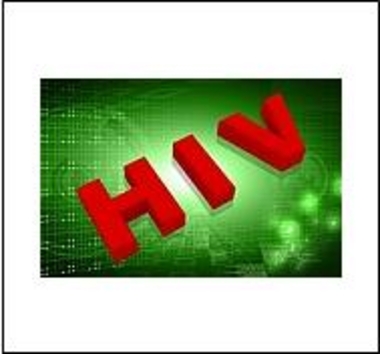Acceptance

by Mary Turner
HIV/AIDS Columnist
Happy July! It’s the month we celebrate our freedom and independence by drinking lots of beer and blowing things up (hopefully, on a small scale) and just having a really good time. In the midst of the festivities, some of us can easily take the whole freedom thing for granted because we’ve lived with certain privileges that others have not had.
In recent weeks, we’ve all heard about Bruce Jenner’s acceptance that the male identity he had lived with for decades was not really true; so he became she and shared this transformation with the world. Whether this constitutes bravery or not is a matter of opinion. What is not opinion, however, is the fact that a significant number of LGBTQ teens experience hostility, bullying, dating abuse, and sexual violence. Many of them live in fear and silence because they don’t have a trust-worthy adult to turn to or they don’t perceive that they do.
For our youth to feel comfortable with who they are has many advantages for them. According to reports from the Centers for Disease Control (CDC), youth who identify as LGBTQ report the lowest levels of depression and suicidal thoughts if they do not experience teasing and bullying by their peers (even compared with heterosexual peers). Teens faired best when they were in school climates that were positive and non-threatening and when they were not the targets of homophobic teasing.
Positive environments resulted in better adjustment and self-image in addition to better academic performance and overall health. Those teens who do experience bullying and threats of violence, however, are at greater risk of contracting STDs and HIV. This may be due to the teen feeling worthless, and therefore, engaging in riskier behaviors. It may be due to experiencing sexual assault or feeling pressured into situations that they don’t want. It may be that these teens use alcohol or drugs to combat the emotional pain, which then puts them at greater risk. Perhaps they simply do not get reliable information about their sexual health and well-being, so they don’t know how to help themselves.
Whatever the reason, these teens tend to be more likely to contract HIV and less likely to have access to healthcare. It is important for adults to remember that adolescents often act tougher and savvier than they are. Keeping lines of communication open and establishing a non-threatening atmosphere makes it easier for them to talk about their experiences.
Regardless of our sexual orientation or gender identification, we should all have the freedom to control our sexuality and what happens to us. So, before you open the next beer or light the next firecracker, pause and ask yourself whether you’re doing all you can to help insure that our youth feel safe being who they are. None of us is free if all of us aren’t free.
The Gayly – July 12, 2015 @ 5:40am.





